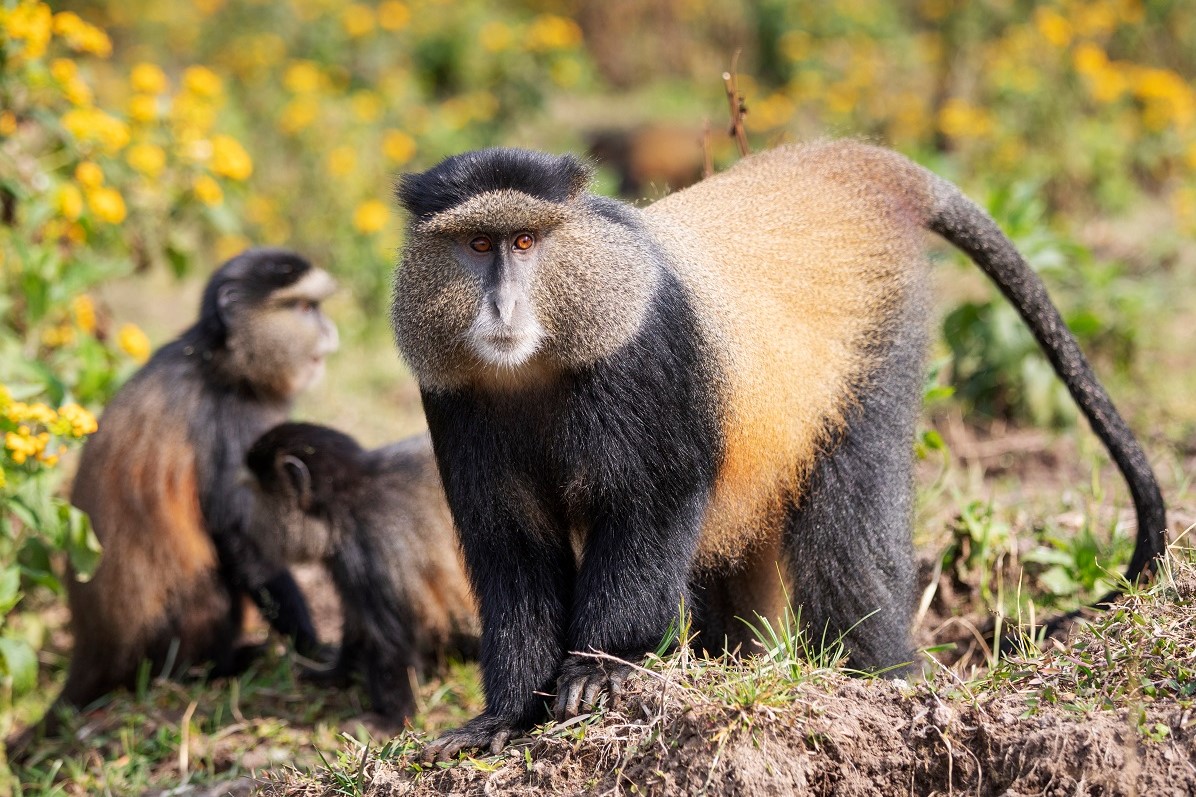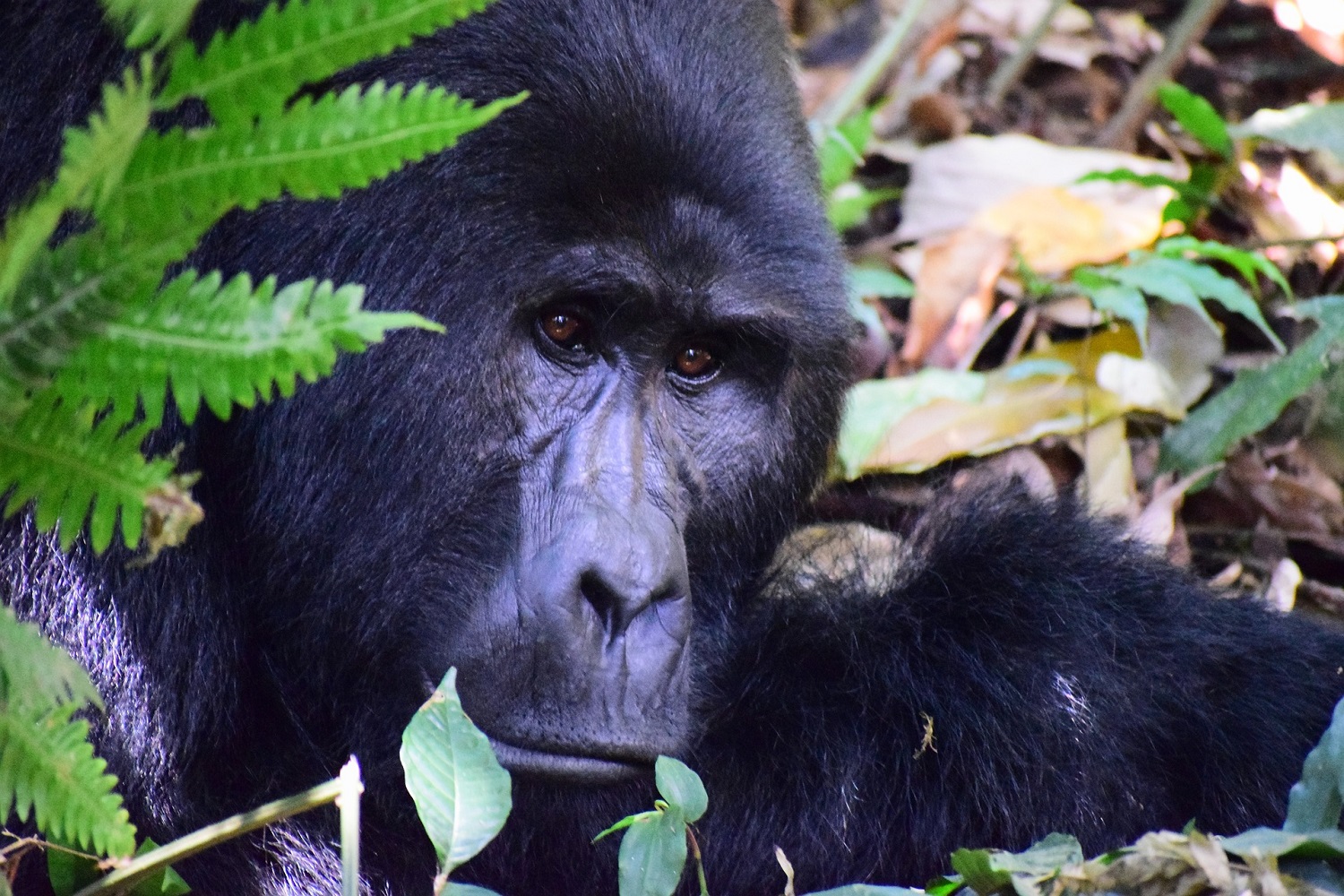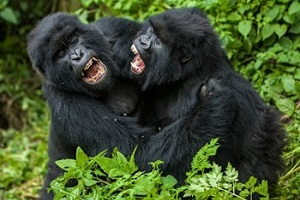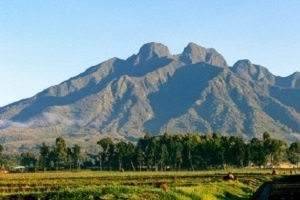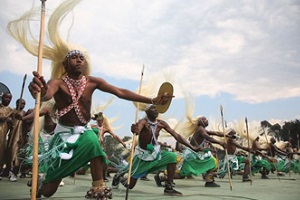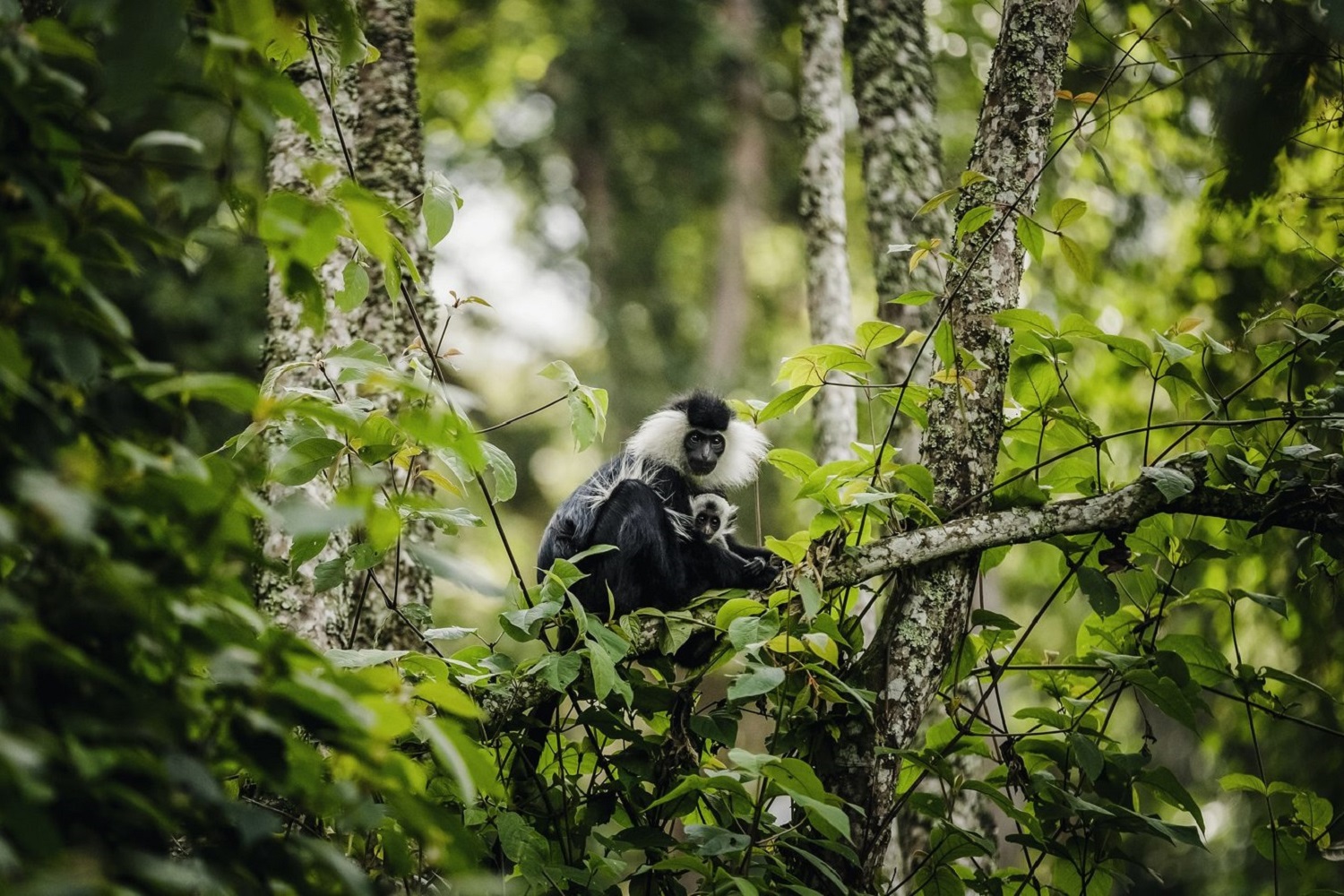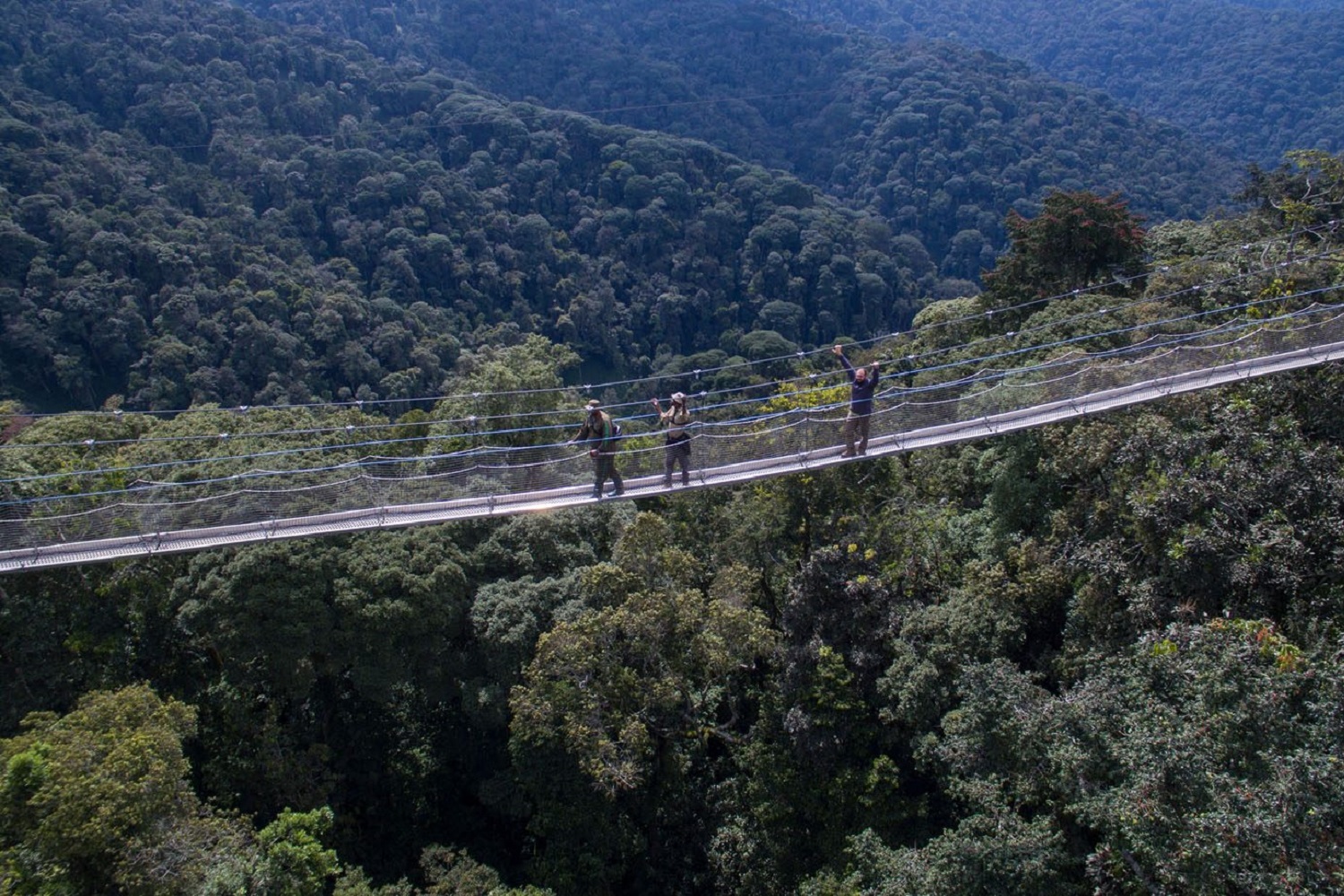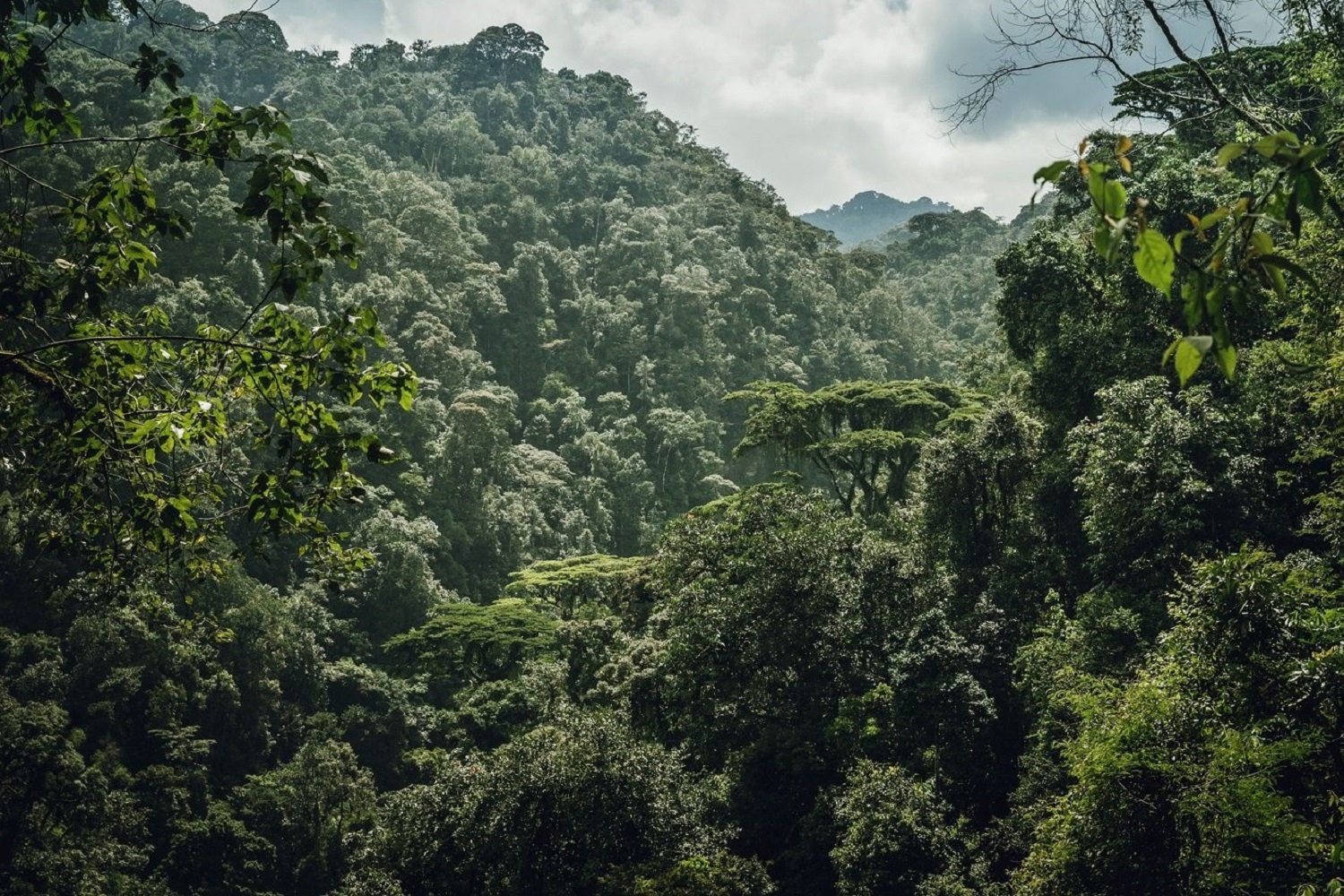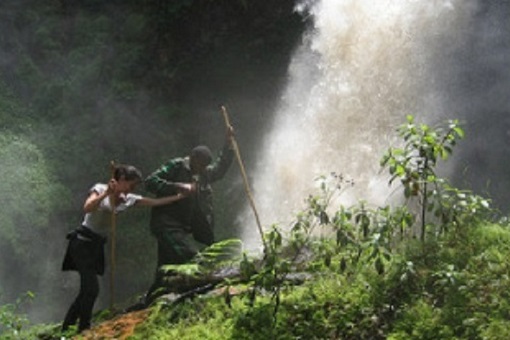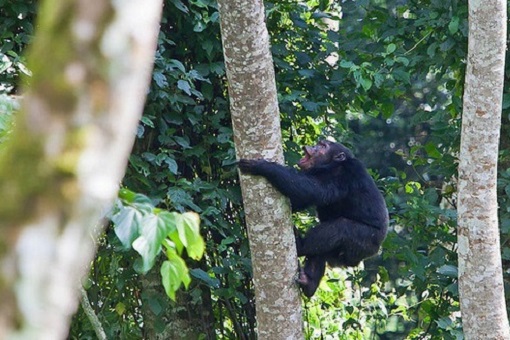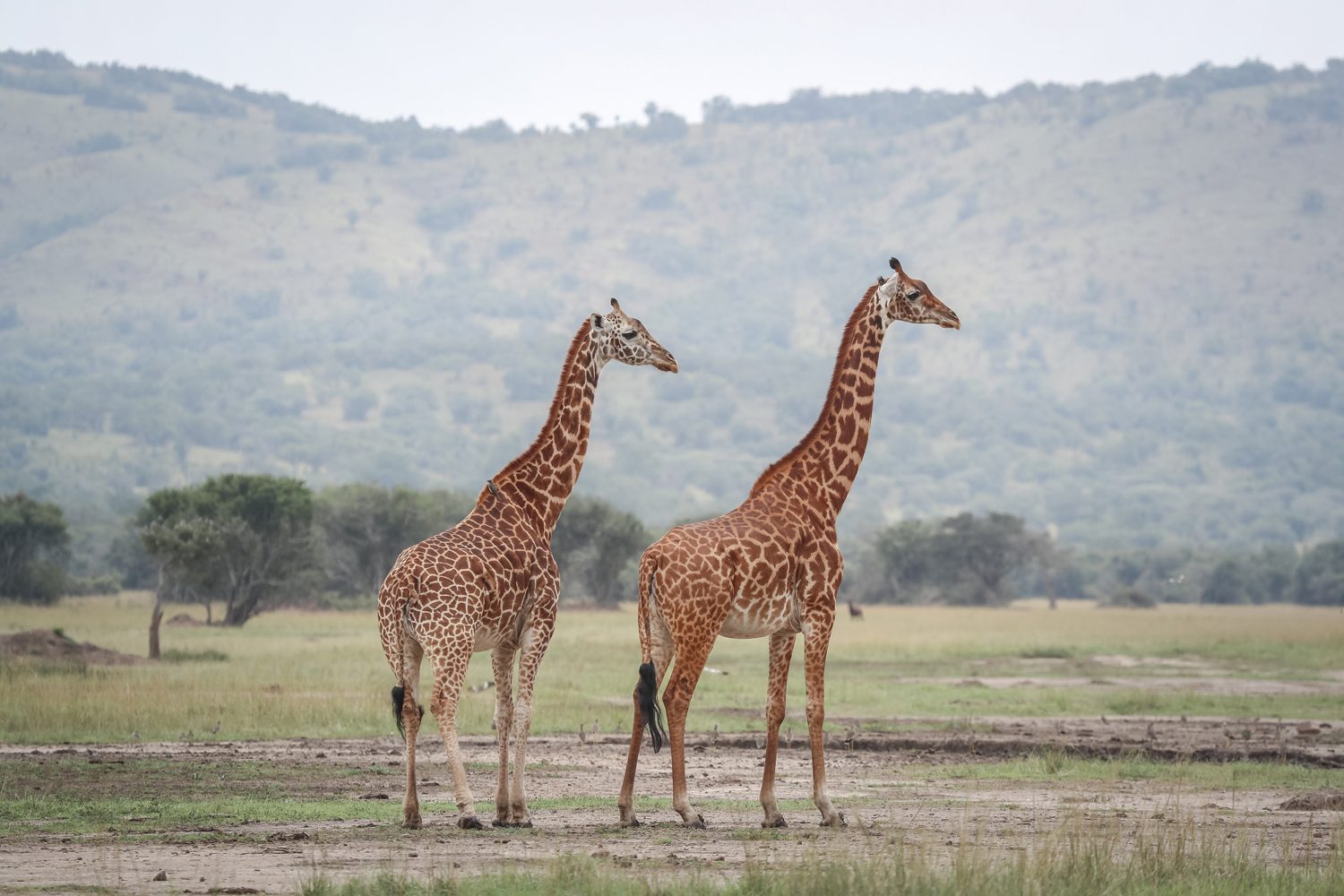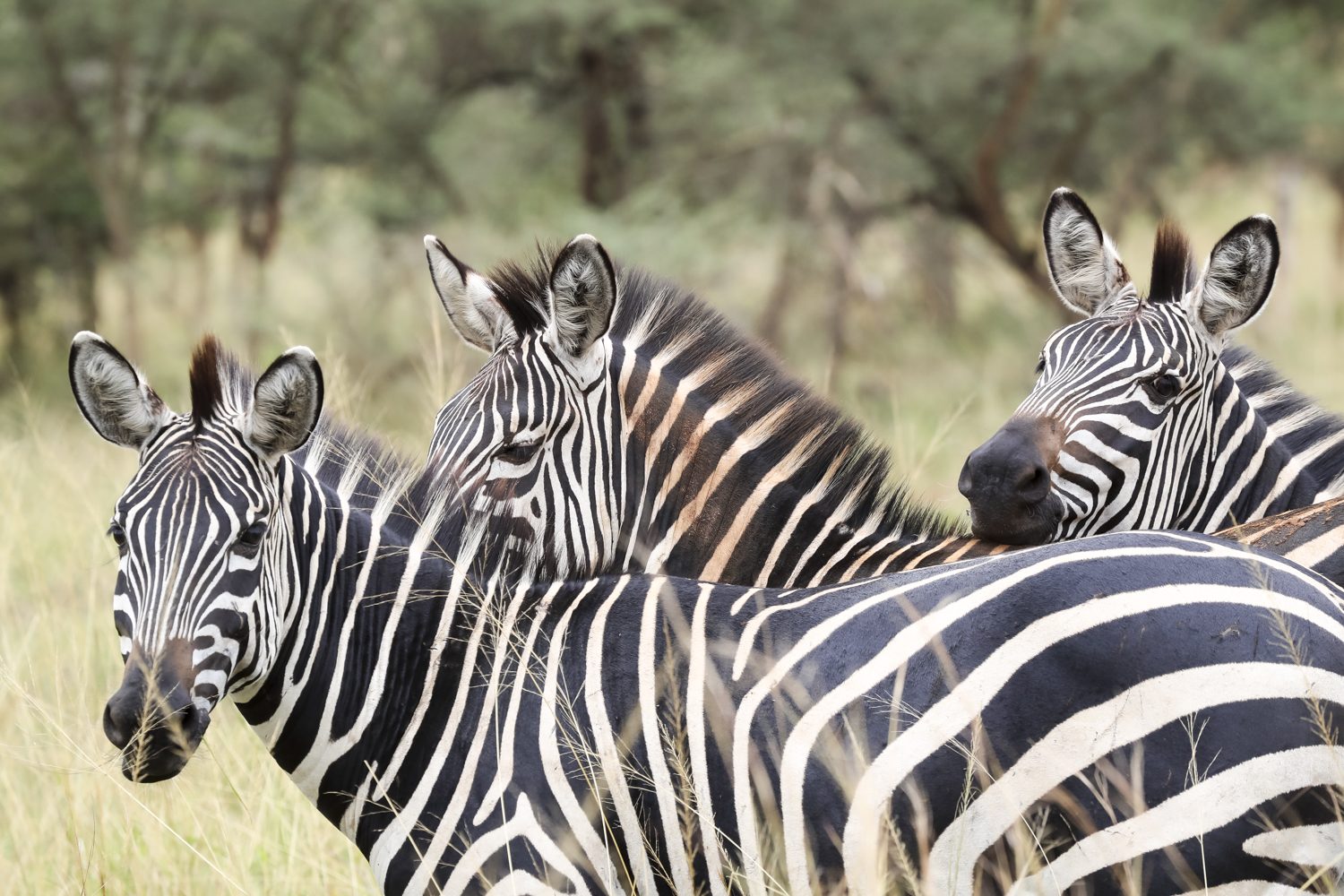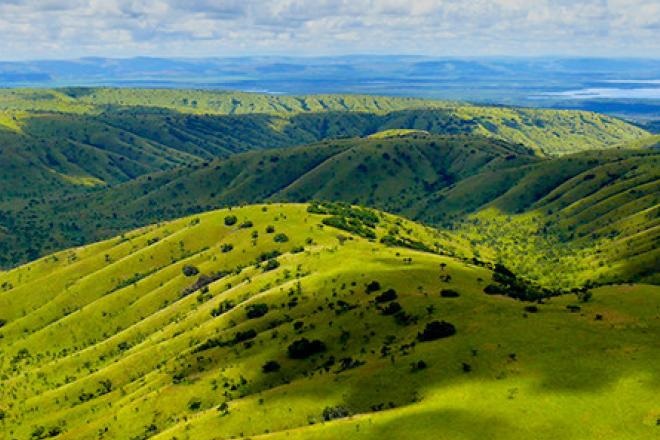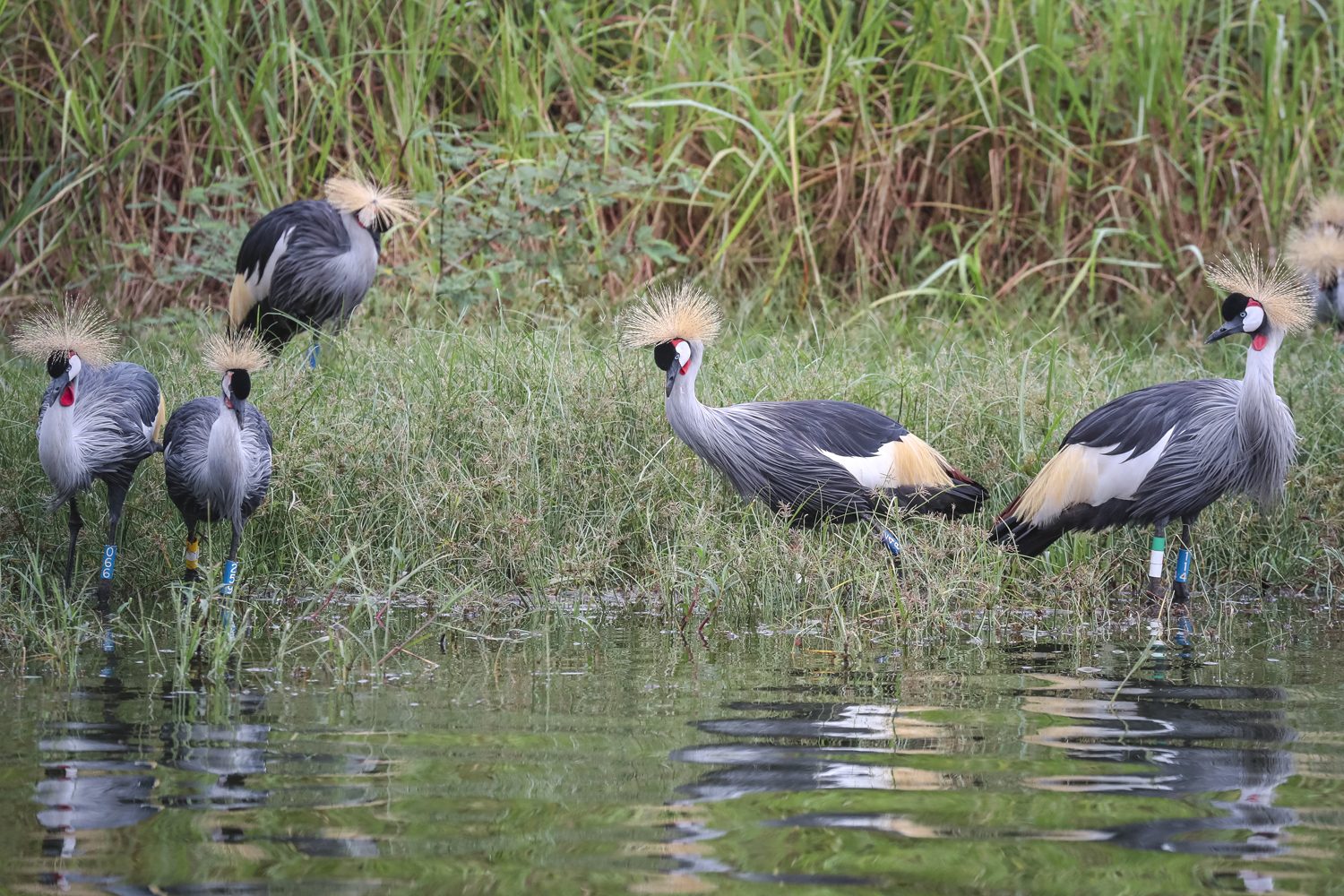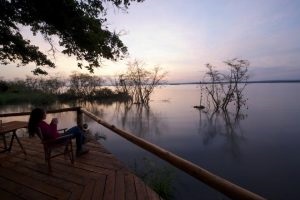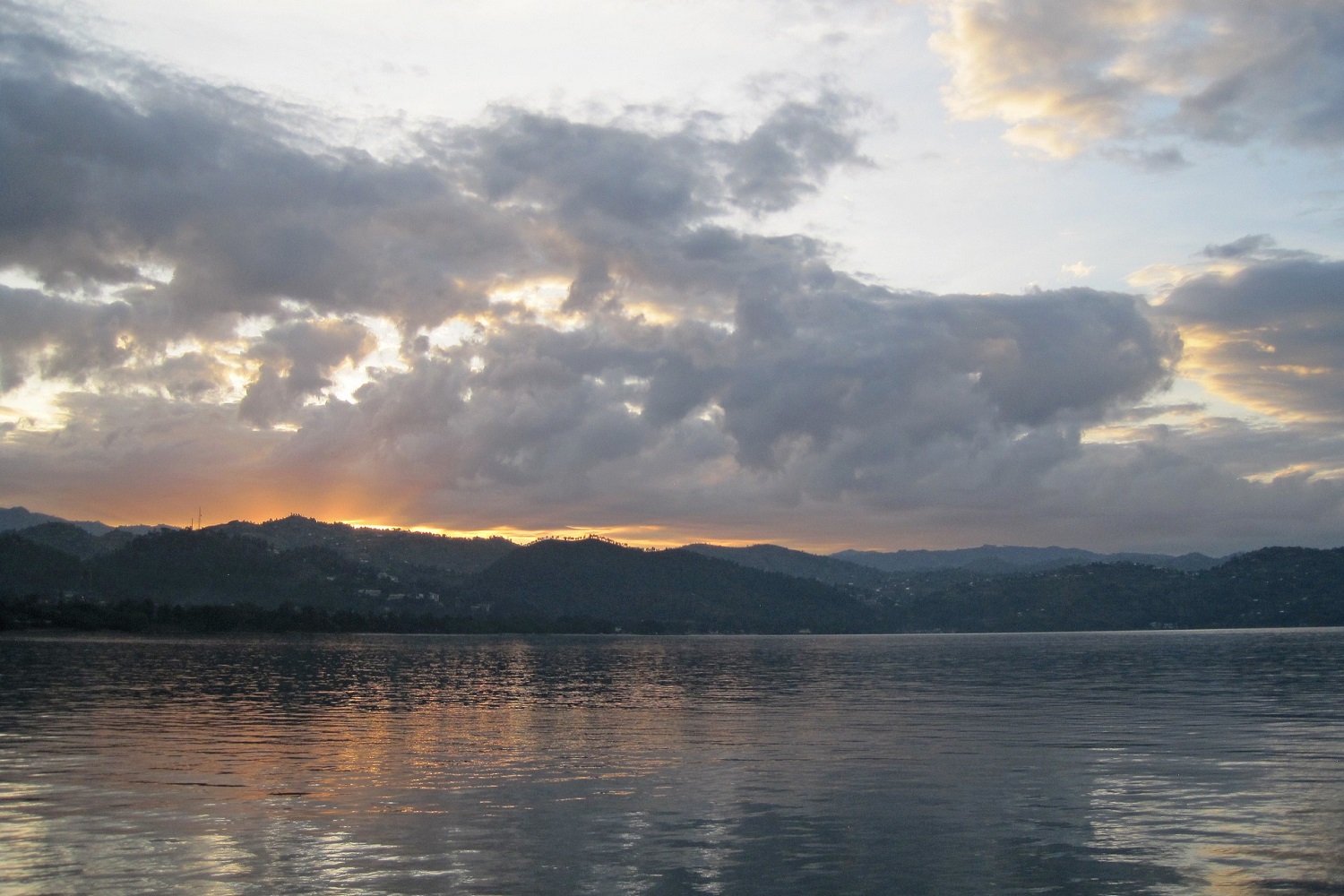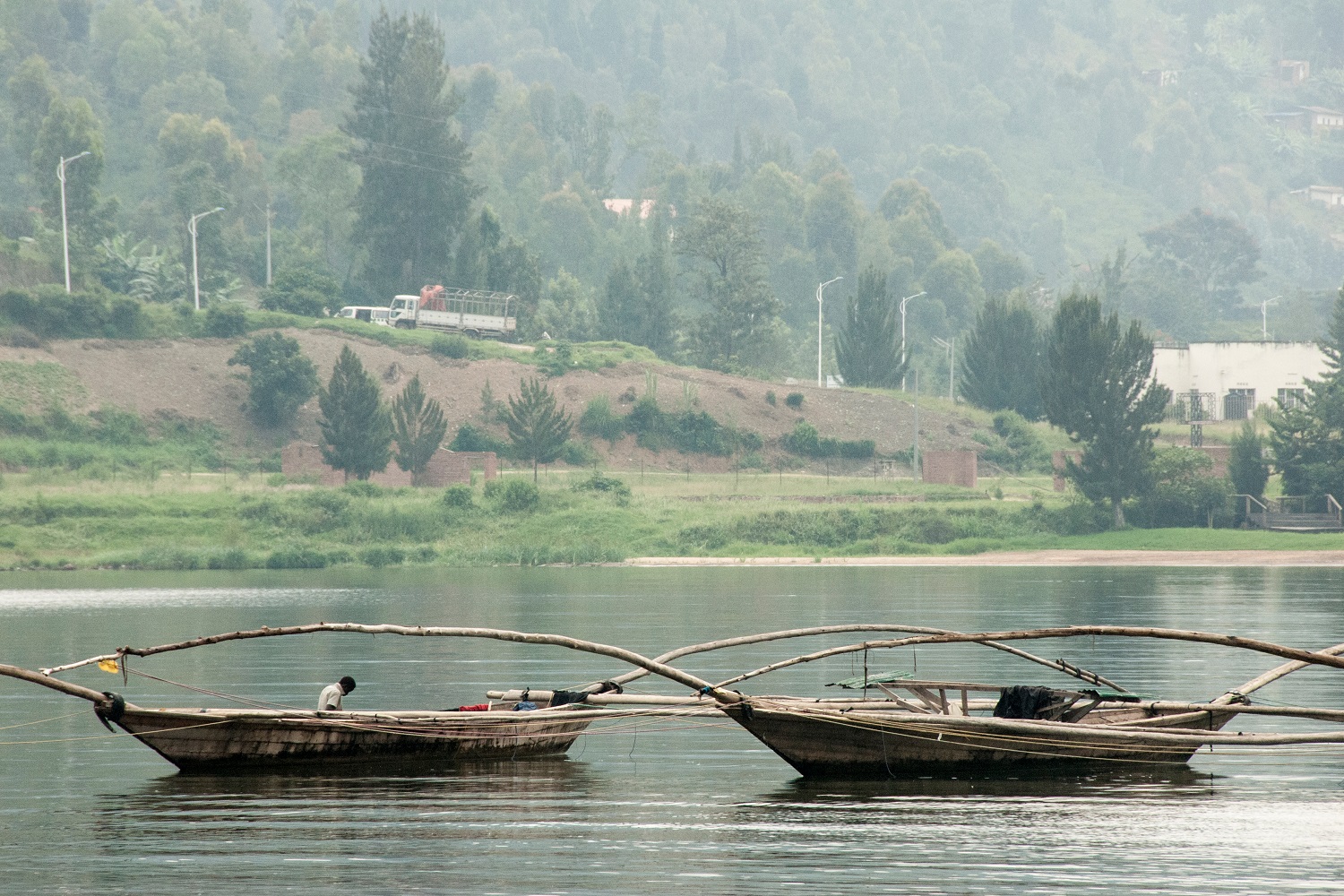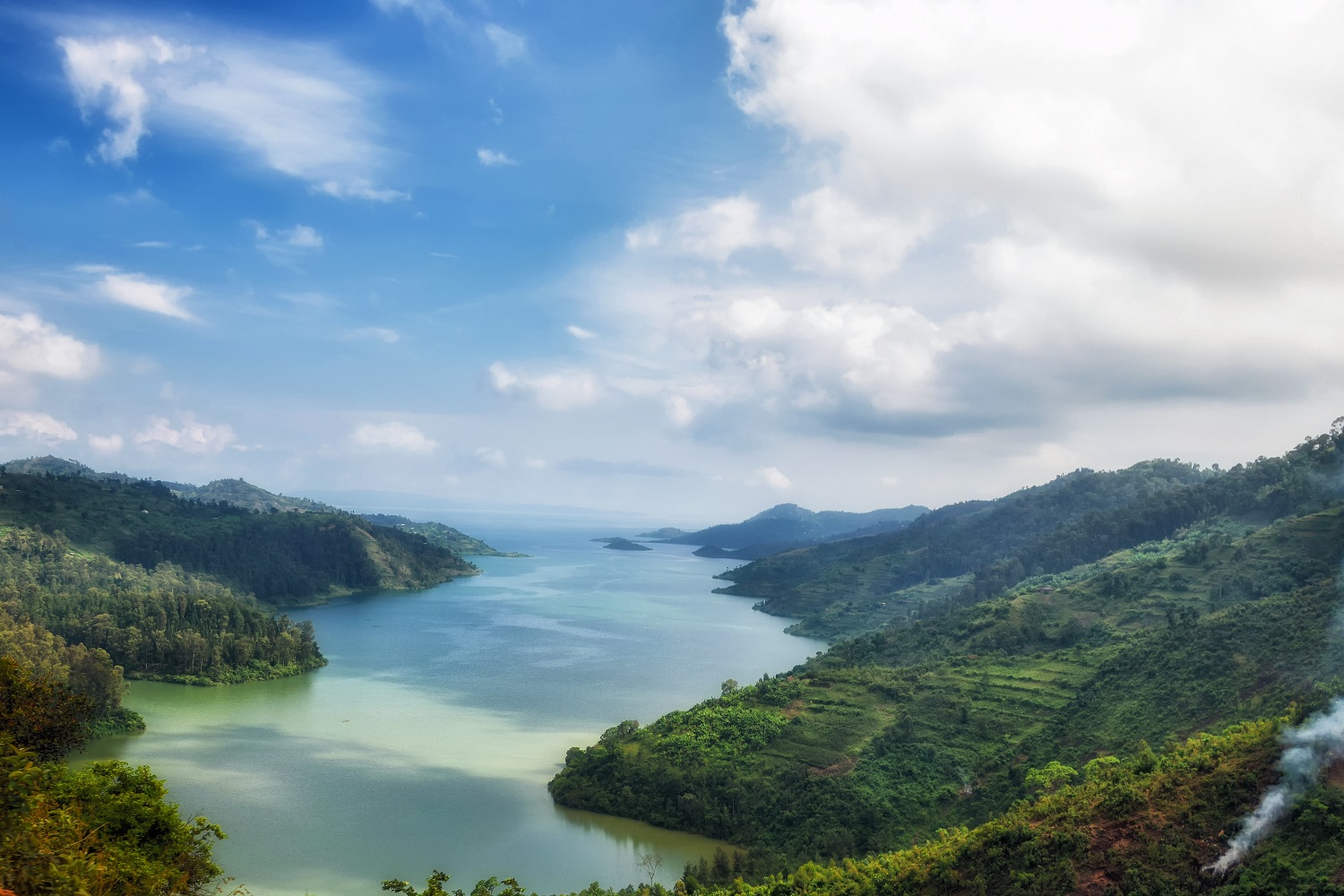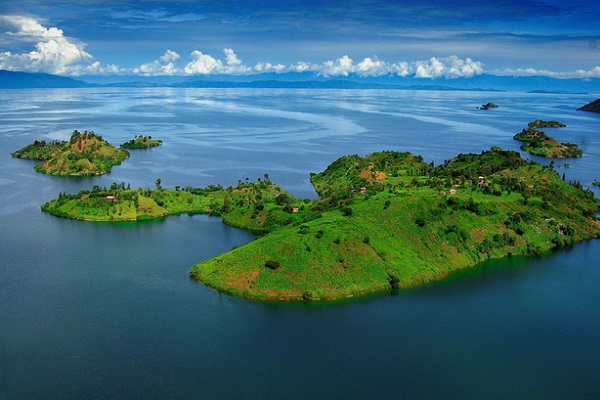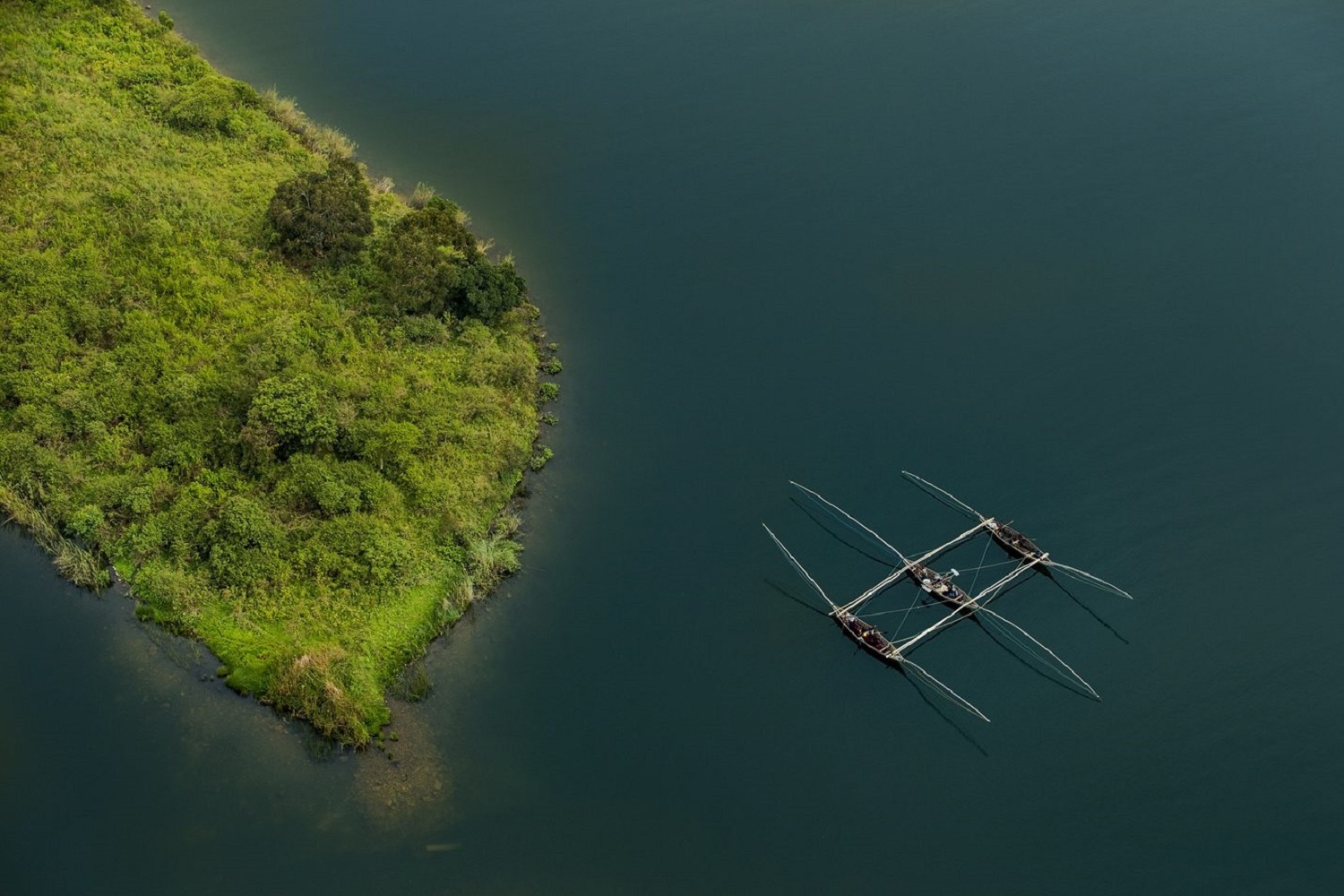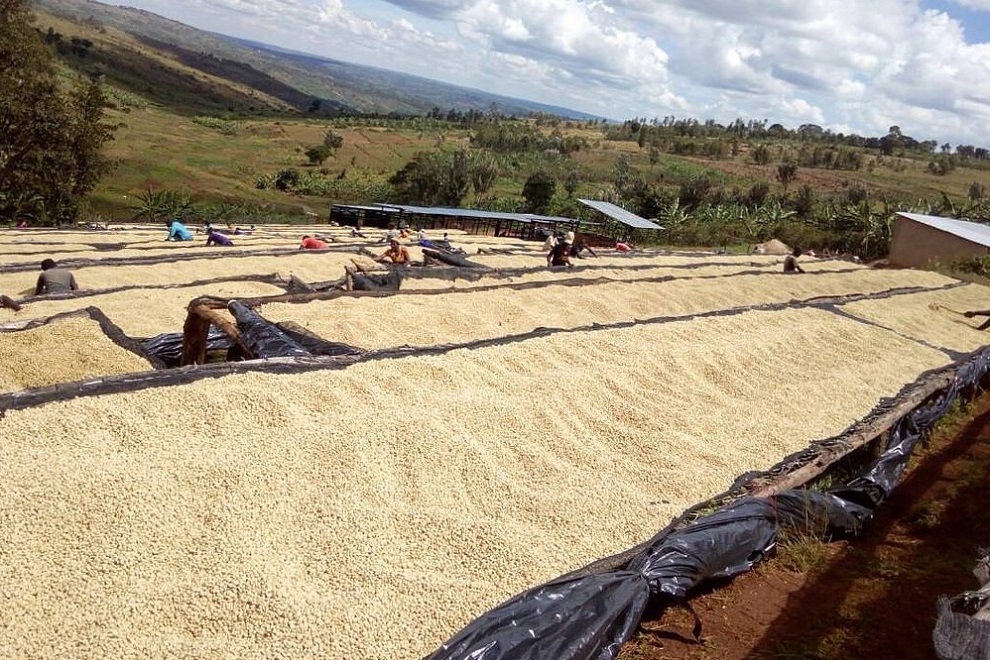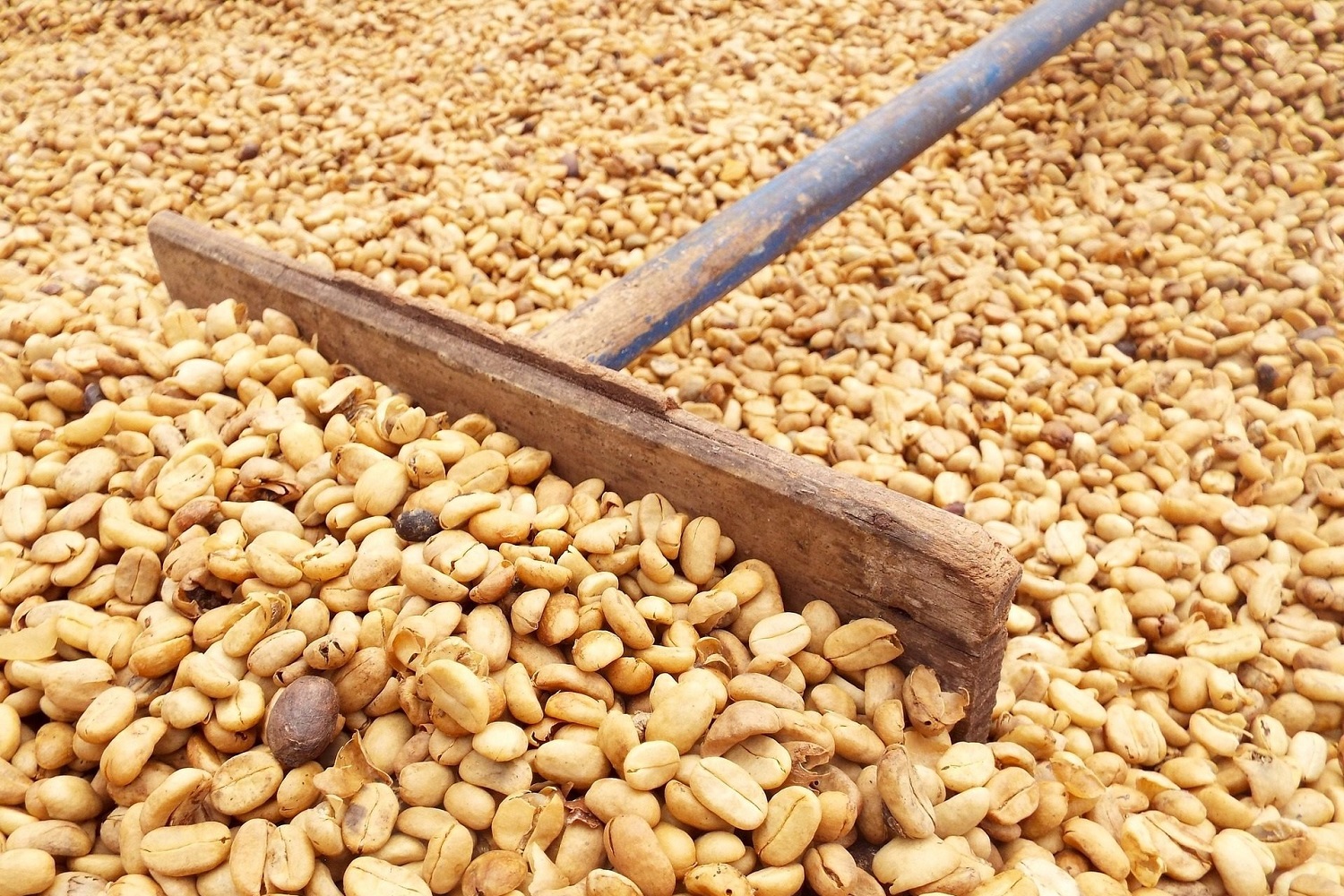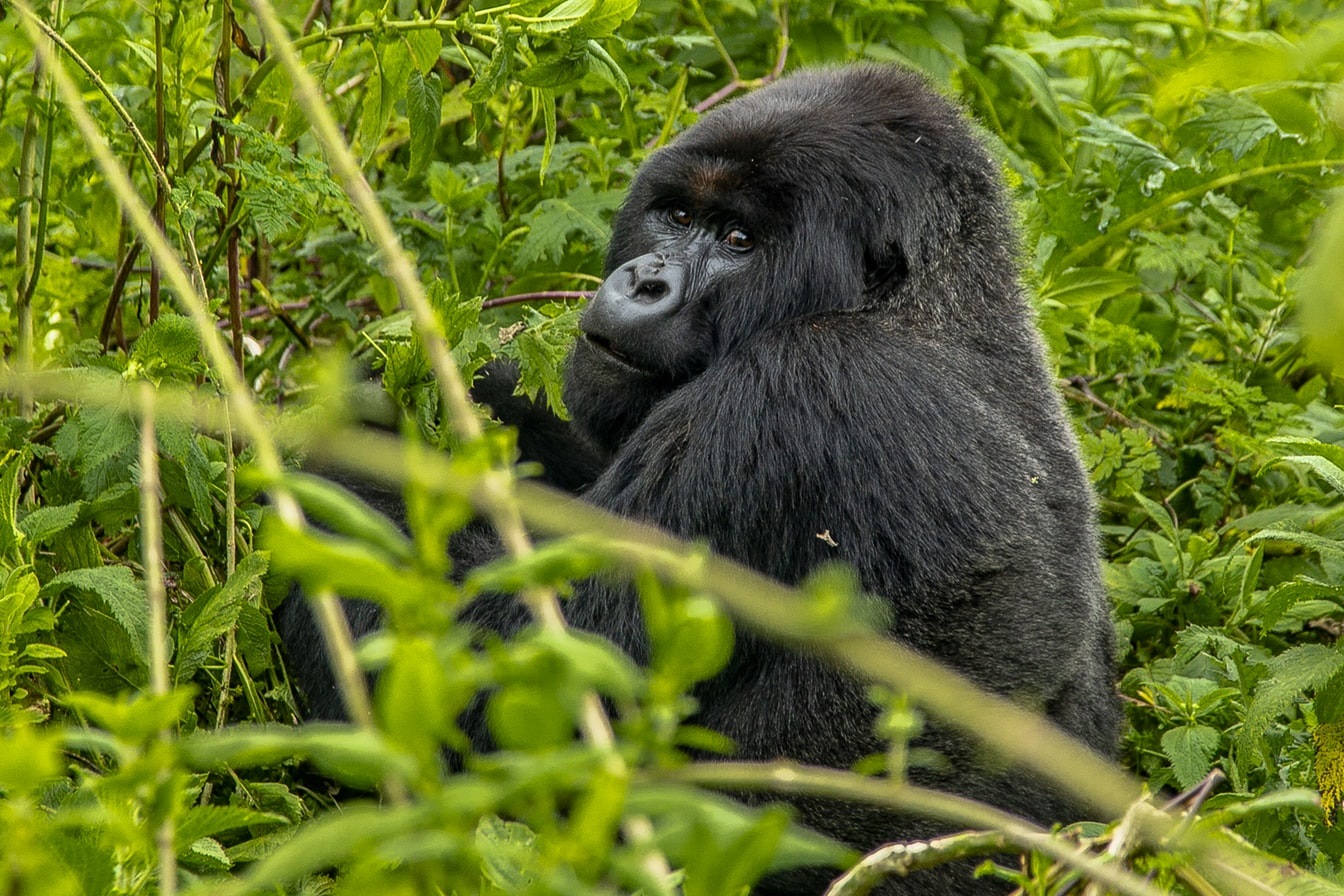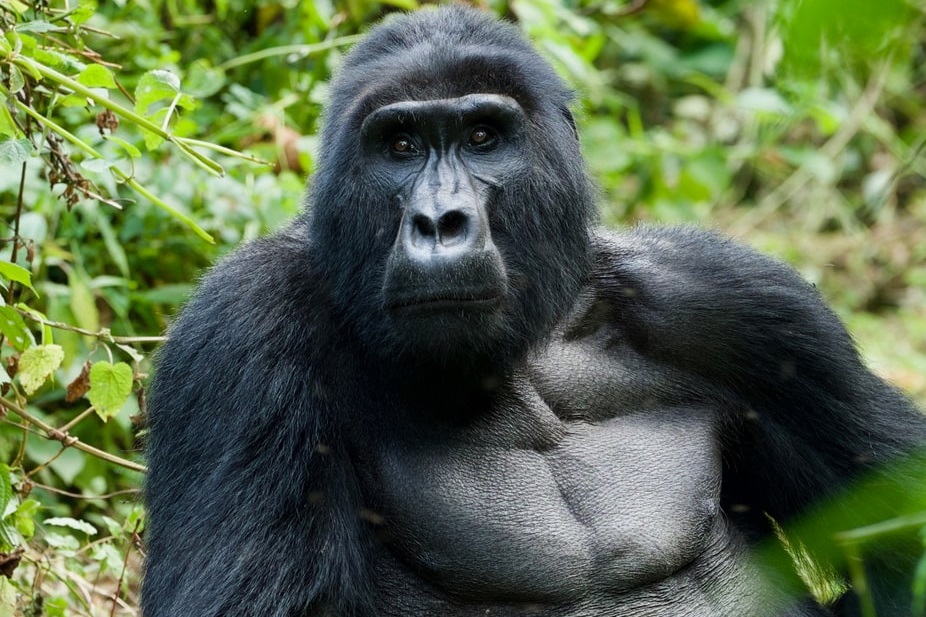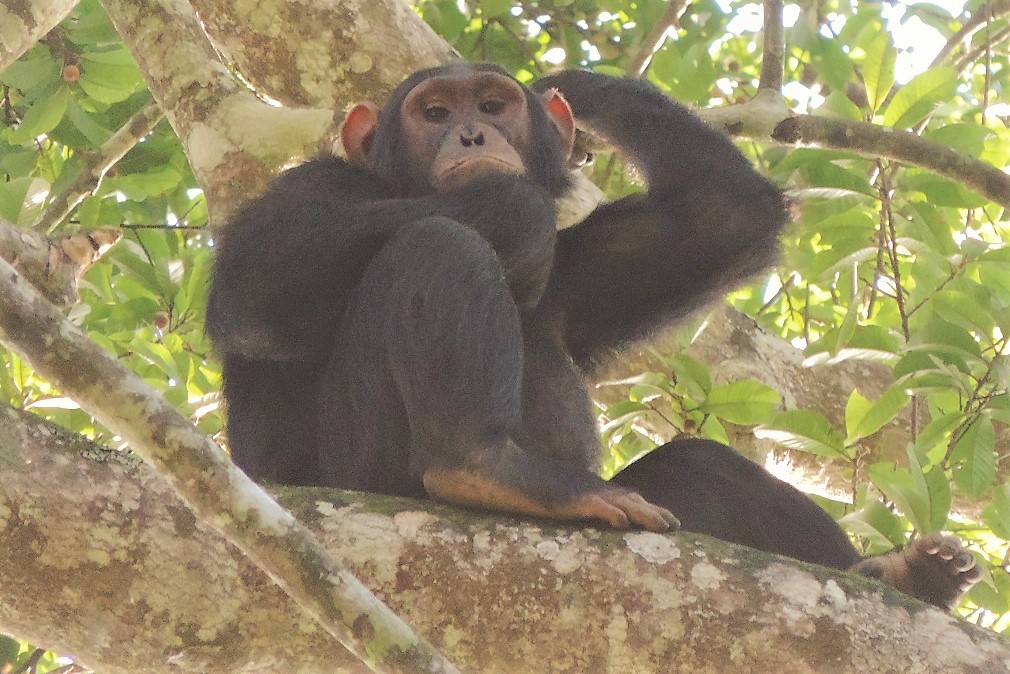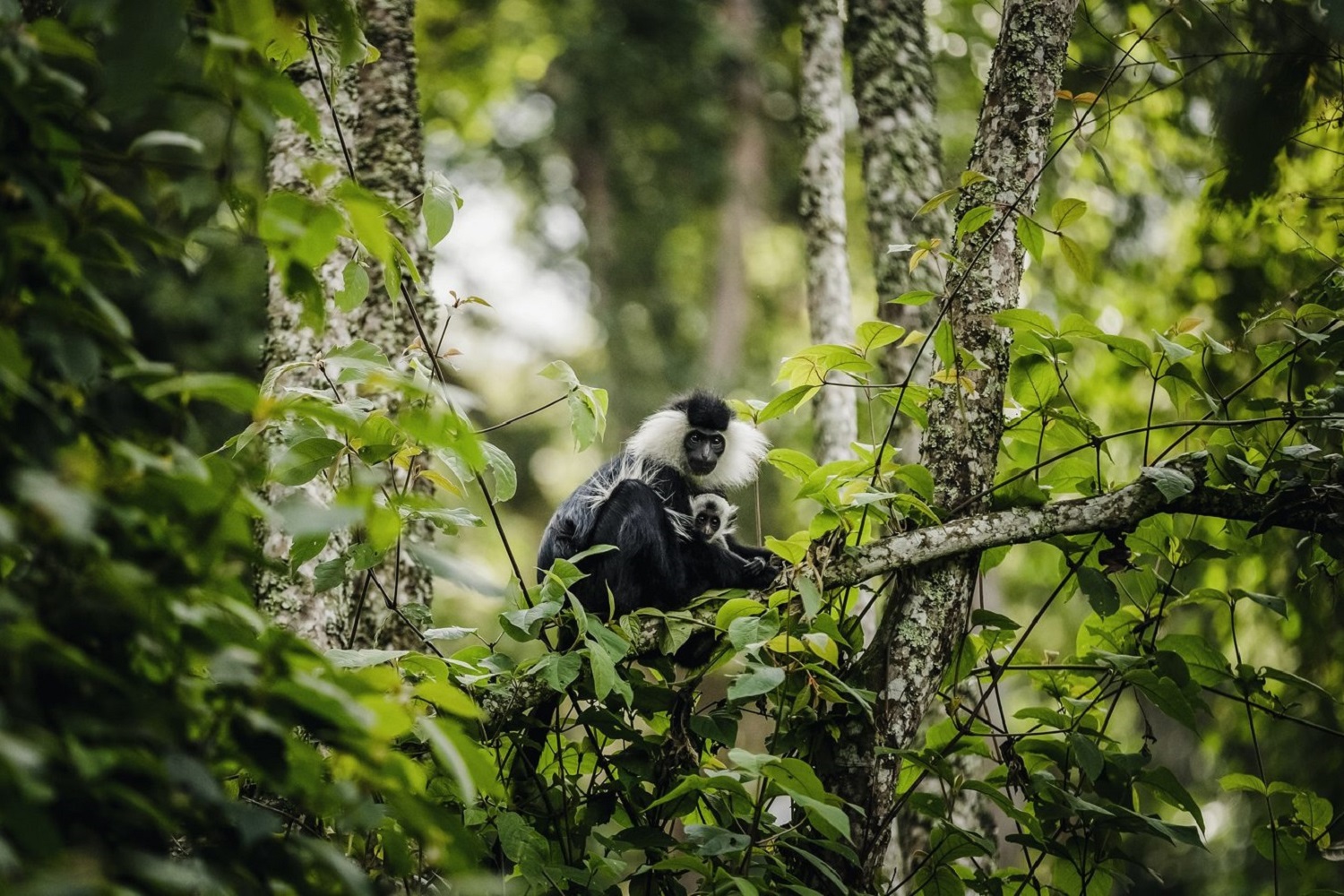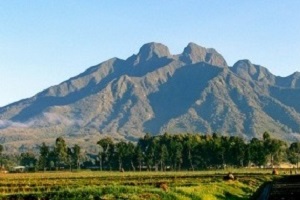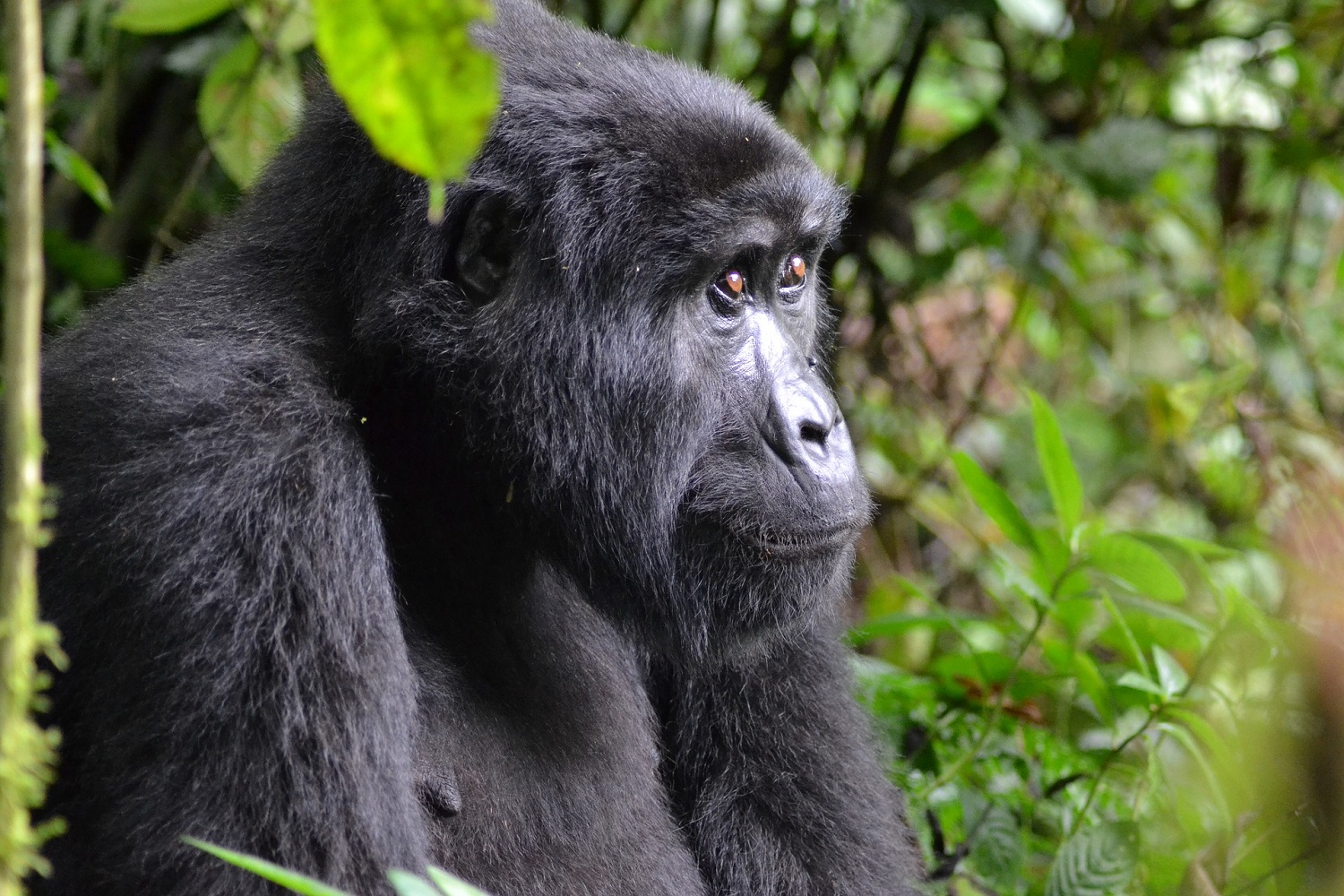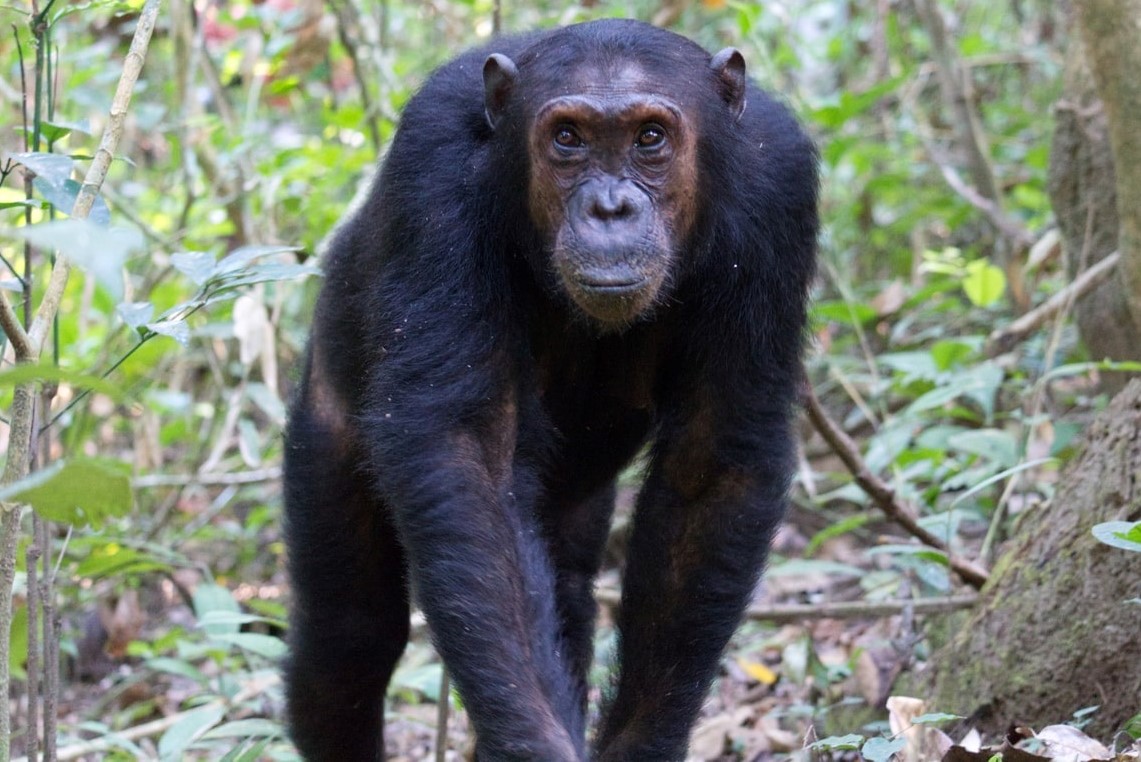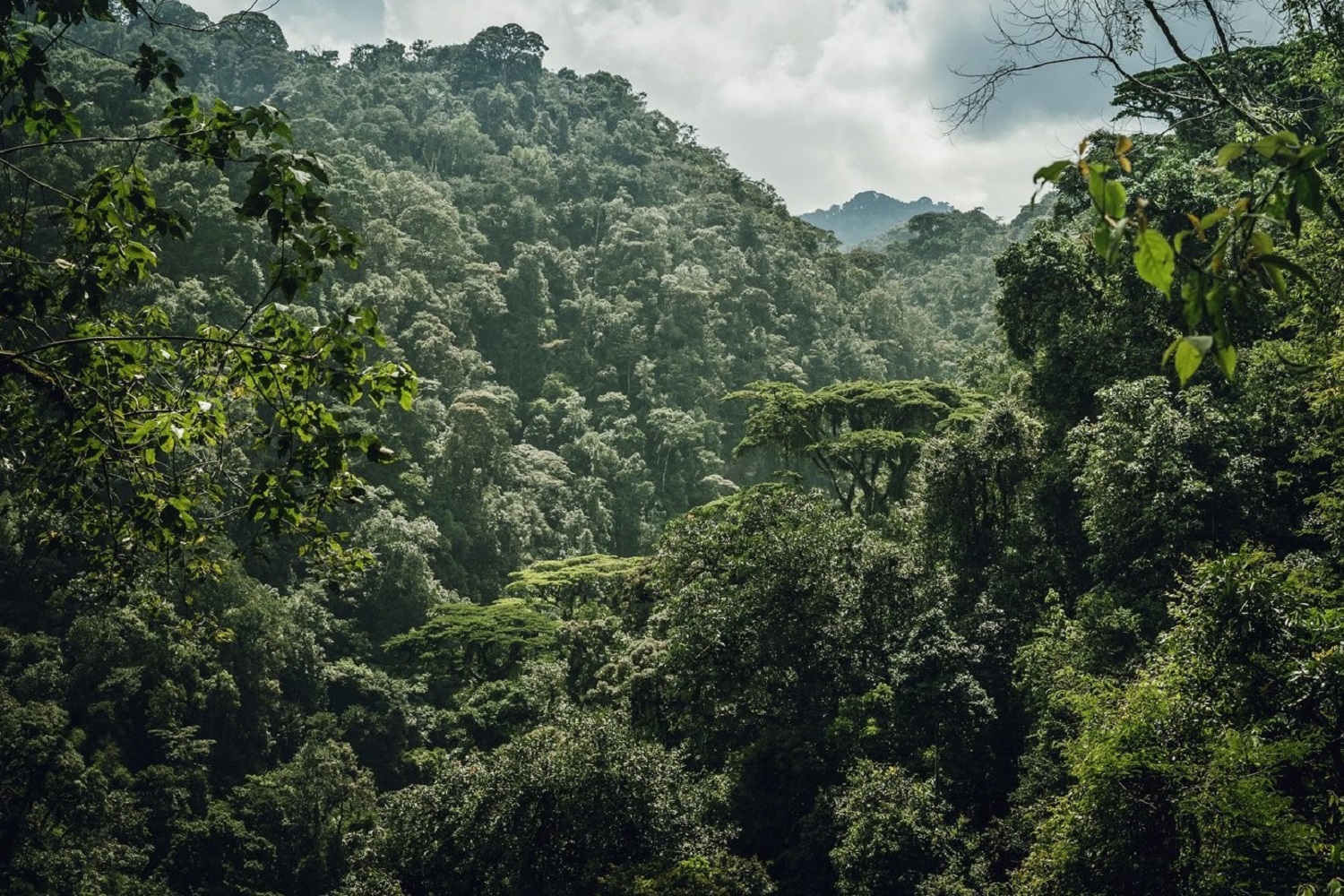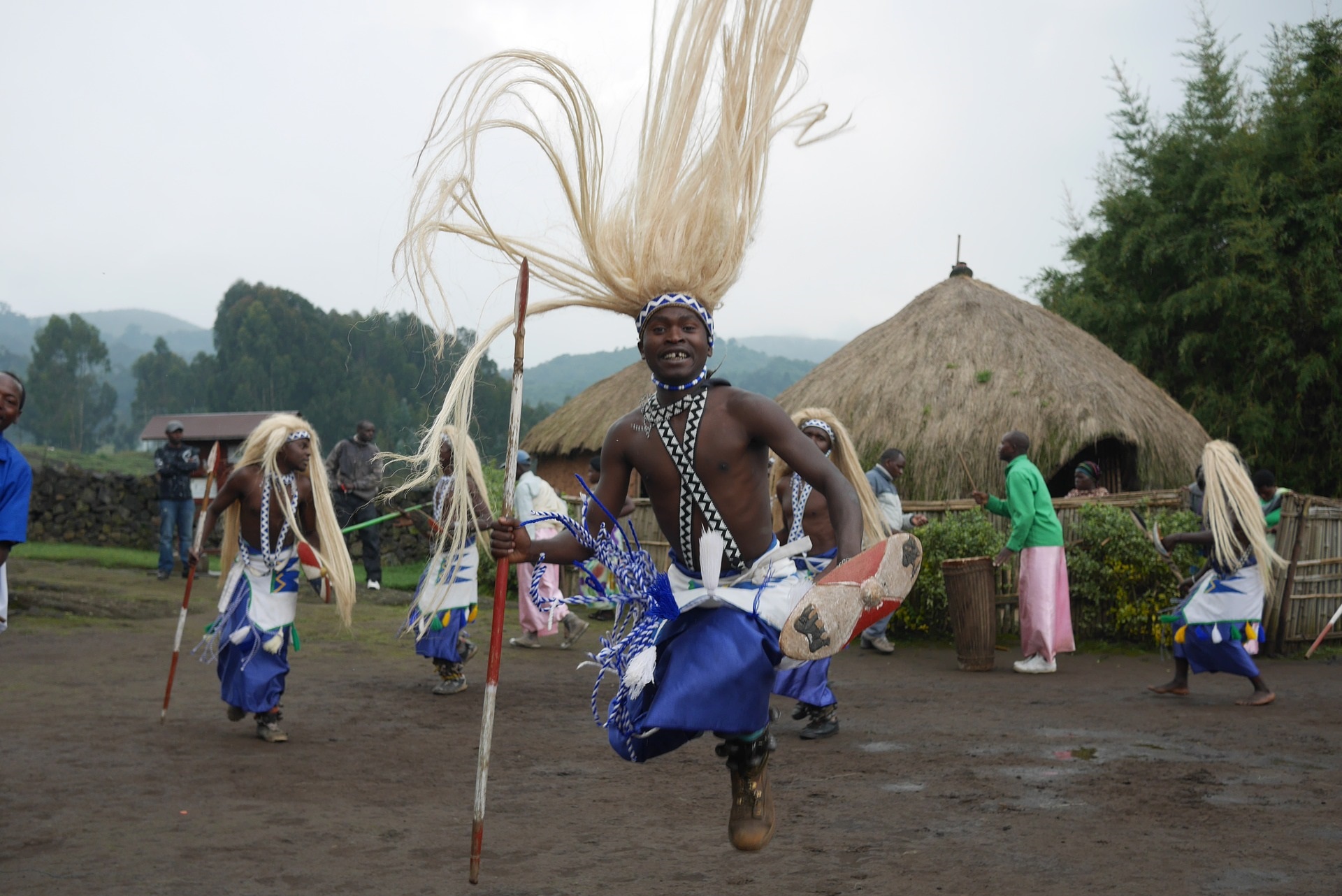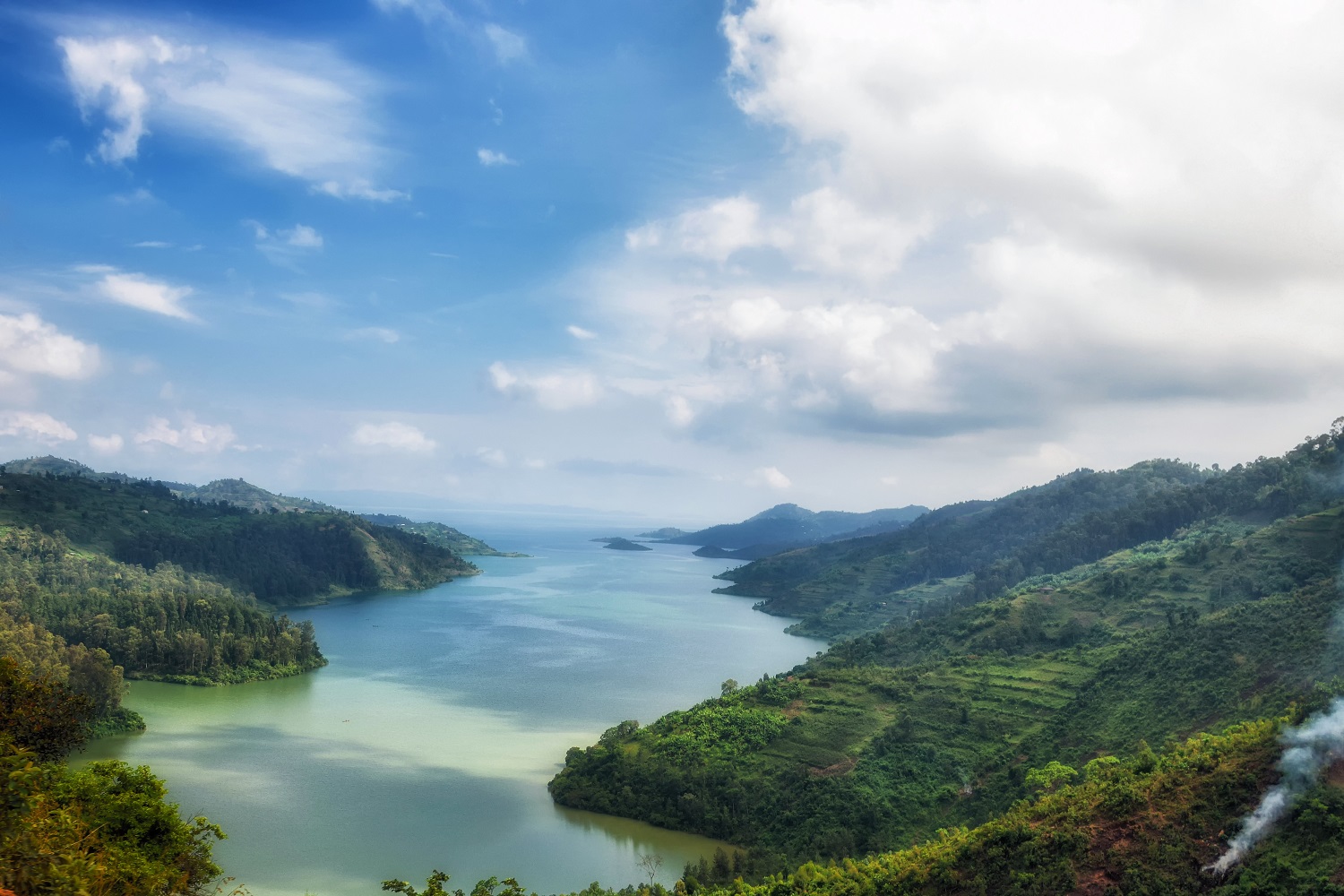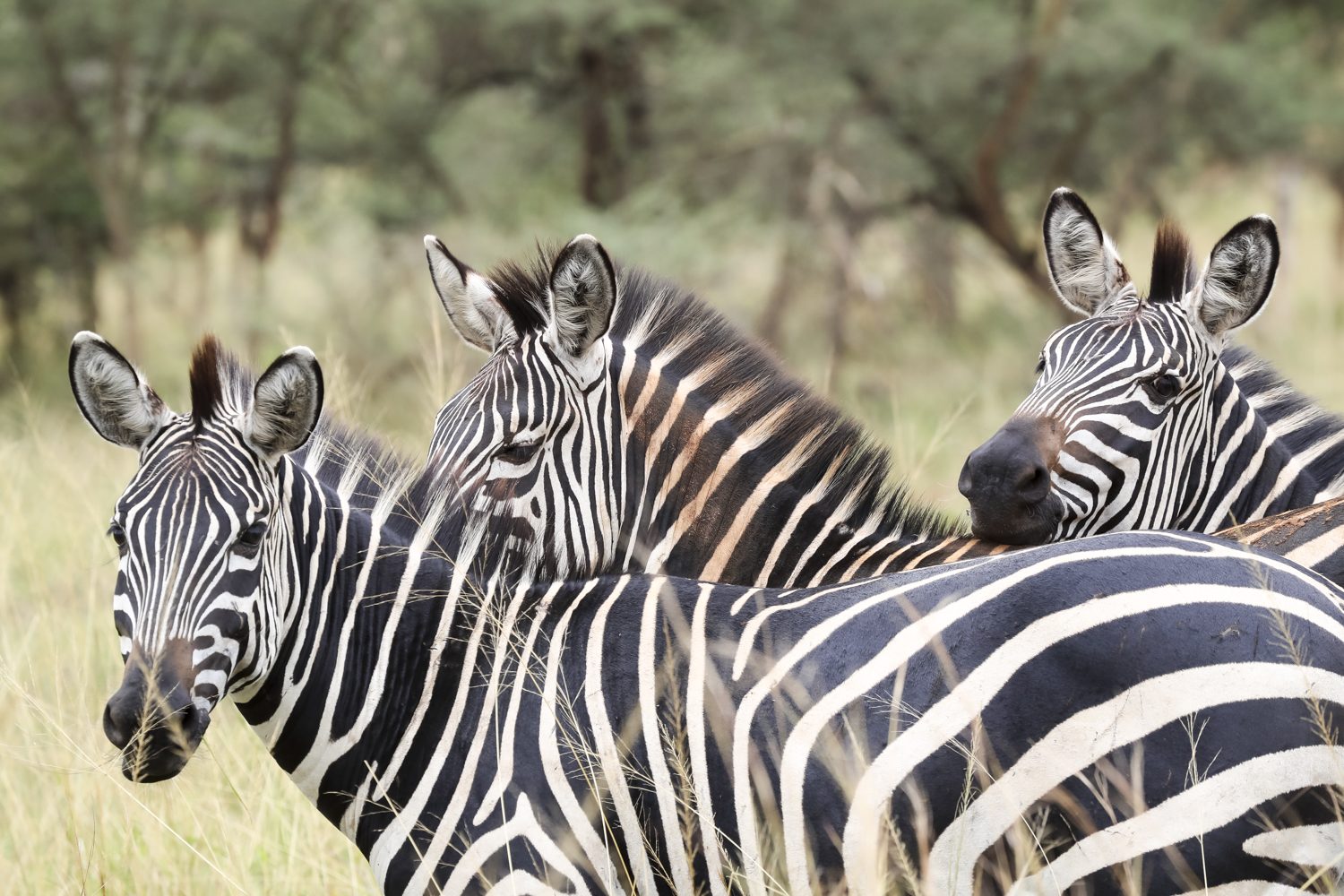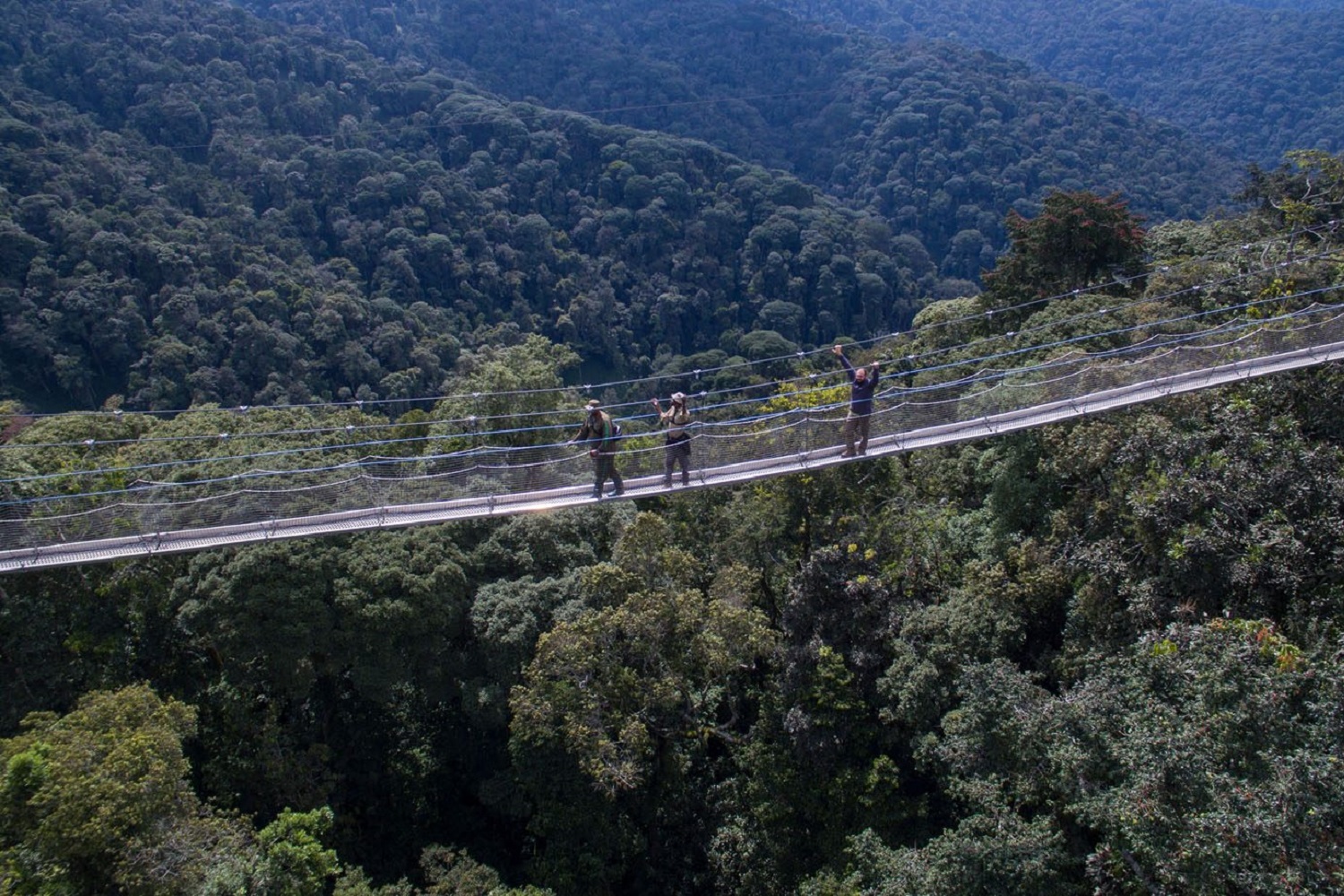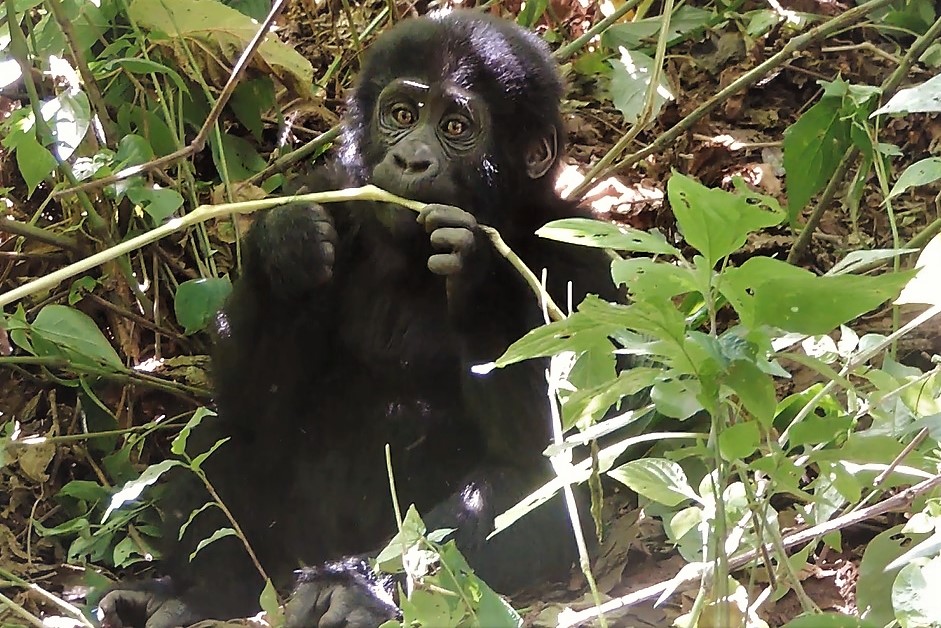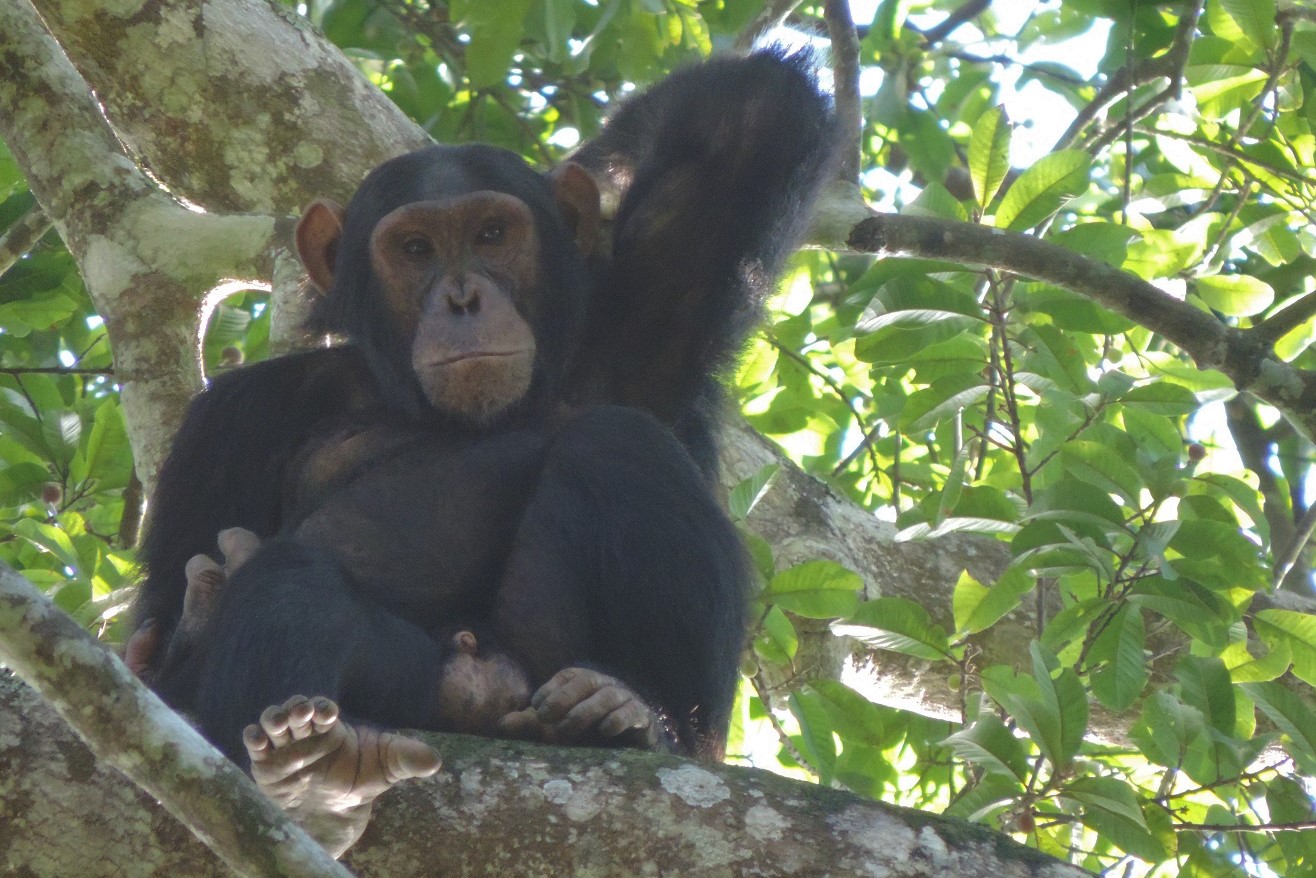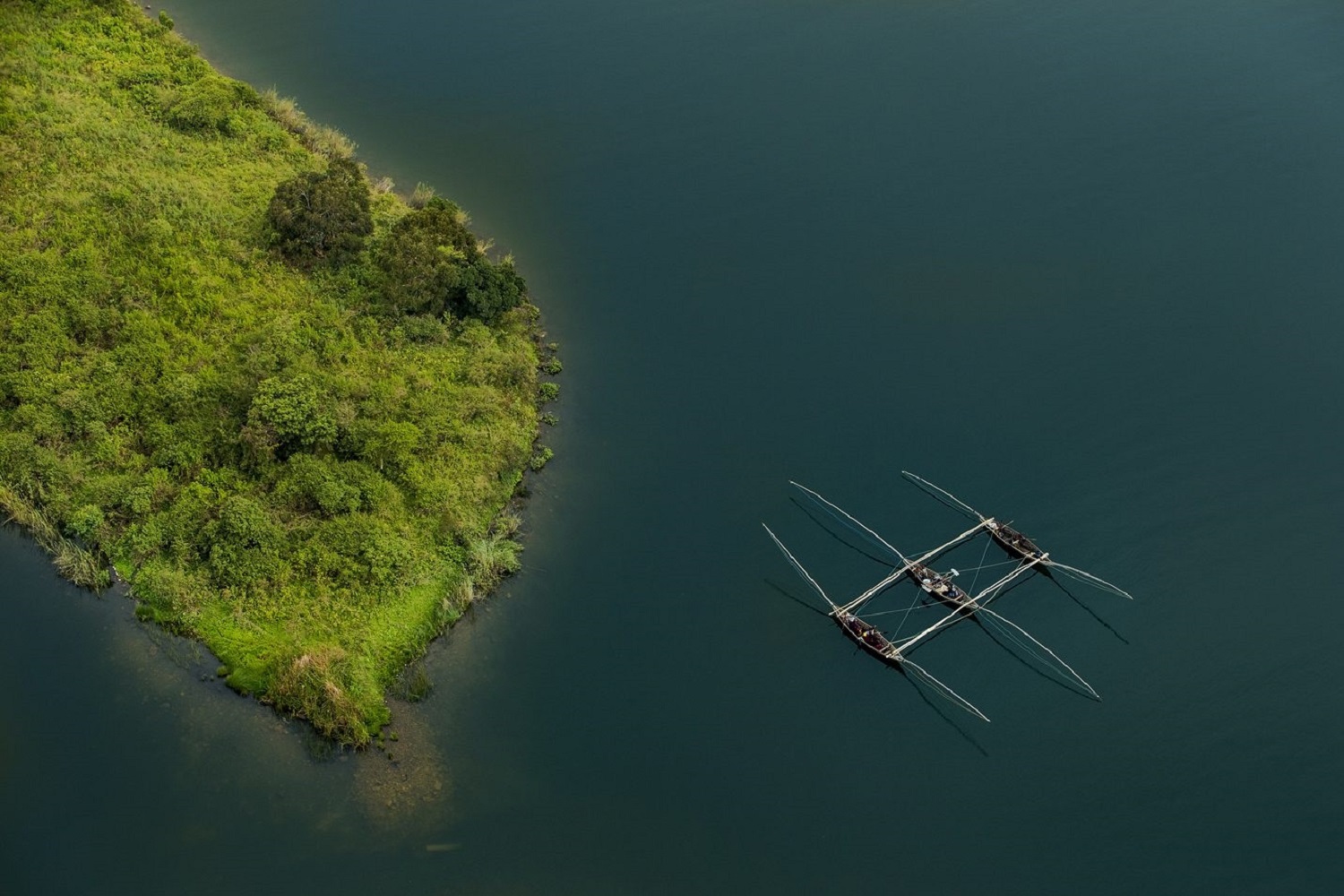 Overview
Overview Things To Do
Things To Do When To Go
When To Go Itineraries
Itineraries Travel Tips
Travel TipsRwanda - the land of a thousand hills
Travellers come from far and wide to catch a glimpse of the magnificent gorillas, yet there is so much more to see and experience.
Known as the land of a thousand hills, Rwanda’s stunning scenery and warm, friendly people offer unique experiences in one of the most remarkable countries in the world. It is blessed with extraordinary biodiversity, with incredible wildlife living throughout its volcanoes, mountain rainforest and sweeping plains.
Rwanda lies just south of the Equator, in the heart of Africa. All major attractions are located within 1-5 hour drive from the capital, Kigali. In a short vacation, you can reach volcanoes, rainforests, savannah, lakes and the beautiful city of Kigali.
Rwanda is not much bigger than Wales, yet has one of the largest rainforest national parks in Africa, one of its Great Lakes and one of the world’s most prolific populations of mountain gorillas.
Rwanda Highlights
The captivating mountain gorillas Of Rwanda
The ease of travel
World-class hiking and trekking
Primates, primates, and more primates!
The cultural Ppeople of Rwanda
Birding paradise
The undeniable beauty
The fantastic weather
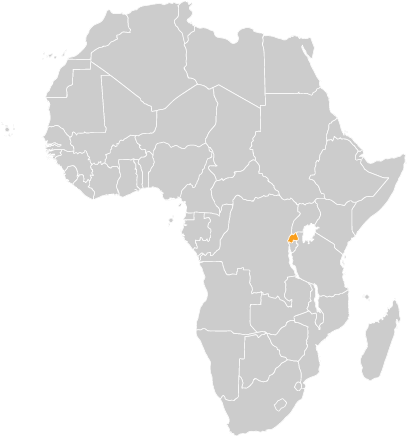
Volcanoes National Park
The home of the magnificent mountain gorillas, golden monkeys and many other primates.
Volcanoes National Park runs along the border with the Democratic Republic of Congo and Uganda and is home to the Rwandan section of the Virungas. Comprising five volcanoes, the Virungas are utterly spellbinding and is apparently the oldest national park in Africa. The park is home to the endangered mountain gorillas and it gives you the extraordinary opportunity to come face to face with these Giant Apes.
Things to do:
Mountain gorilla tracking • Golden monkey tracking • Volcano climbing • Musanze caves • Adventurous hike to Dian Fossey tombsNyungwe Forest National Park
Sheltering the highest population of chimpanzees in Rwanda, roughly 400 individuals, chimpanzee tracking is the highlight here.
Filled with stunning beauty, Nyungwe forest national park in southwestern part of Rwanda is comprised of ancient trees, swamps, blogs and grasslands, all of which have favored the inhabitation of various wildlife and birdlife. Besides chimpanzees, the forest is home to over 300 species of monkeys, thus making it a great spot for monkey tracking. While in Nyungwe forest national park, expect to meet different species of monkeys, which include, L'Hoest's monkeys, black and white colubus, blue monkeys, and red tailed monkeys among others.
Things to do:
Chimpanzee tracking • Forest walks and hiking trails • Canopy walk • Monkey tracking • Bird watchingAkagera National Park
Central Africa’s largest protected wetland and the last remaining refuge for savannah adapted species in Rwanda.
Dominated scenically by the labyrinth of swamps and lakes that follow the meandering course of the Akagera river, this is the most remote source of the Nile. This is archetypal African savannah landscape of tangled acacia woodlands interspersed with open grasslands. Herds of elephants and buffaloes emerge from the woodlands to drink at the lakes, while lucky visitors might stumble across a leopard, a spotted hyena or even a stray lion. You will also see lots of hippos, zebras, impalas, warthogs, buffaloes, and giraffes among others.
Things to do:
Game drives • Guided nature walks • Night safaris • Fishing for Tilapia and Catfish on Lake Shakani • Boating safaris on Lake Ihema • Birdwatching in Kafue • BirdingLake Kivu
Rwanda’s largest lake, and the sixth largest lake in Africa.
After all your outdoor adventures, you'll be ready to kick up your feet—and there's no better place to relax in Rwanda than at Lake Kivu. Part of Africa’s Great Rift Valley, Lake Kivu in the west of Rwanda is surrounded by magnificent mountains and has deep emerald green waters covering a surface area of 2,700 square kilometers . The real joy of this area is driving between the towns, and it’s a lovely option for a slower route between Nyungwe Forest National Park and Volcanoes National Park.
Things to do:
Hiking and Biking around Lake Kivu • Water sports • Relaxation and chilling out • Swimming • Explore Nyamirundi islandRwandan Coffee Experience
Visit coffee farmers and experience their lifestyle while processing the coffee from crop to cup!
For a coffee connoisseur, Lake Kivu shores offer the chance to experience one of the rarest coffees in the world. The unique climate and terrain allows for a very high quality coffee to be grown which has a very distinct taste. The Arabica beans are grown here between 1468-1600 meters in some of the most picturesque farms one could think of. The Kivu coffee crop to cup experience will change your perspective about the coffee staring at you right now!
Things to do:
Coffee plantation tour • Coffee tastingWhen To Visit Rwanda?
In the heart of Africa, just 2 degrees south of the equator, Rwanda's relatively high altitude provides it with a remarkably pleasant tropical highland climate, albeit also with plenty of rain.
Temperatures vary considerably between locations depending on their altitude, but very little from month to month in the same place. In the capital, Kigali, the average daily temperature is about 21°C (69.8°F)
Although you can go gorilla trekking year-round, it is most comfortable from July to September when the temperatures are cooler and there is less chance of rain. The dry season is a great choice for other wildlife and bird watching too.
If you are looking for chimpanzee in places like Nyungwe, October to February is a better time to go. Rest assured, during the shorter rainy season, it doesn’t rain all day, every day.
Rainy Season (Mar, Apr, May, Oct, Nov)
Rwanda's long rainy season lasts from about March to May, when the rain is heavy and persistent.
October to November is a shorter rainy season.
Dry Season (Jun, Jul, Aug, Sep, Dec, Jan, Feb)
June to mid-September is the long dry season - this is generally the best time to visit if you have the choice.
The short dry season is from December to February.
During both of Rwanda's dry seasons, there is often light cloud cover. This helps to moderate the temperatures, but also occasionally brings light rain showers.
The Classic Rwandan Safari
Track the endangered mountain gorillas and follow it up with chimpanzee tracking.
View Trip DetailsVolcanoes National Park • Nyungwe Forest National Park
The Immersive Rwandan Safari
Track the mountain gorillas, chimpanzees and other primates and also experience the culture and community.
View Trip DetailsVolcanoes National Park • Nyungwe Forest National Park • Lake Kivu
The Ultimate Rwanda Experience
This trip has it all - mountain gorillas, chimpanzees, game drives in the savannah landscape of Akagera and boat cruises.
View Trip DetailsVolcanoes National Park • Nyungwe Forest National Park • Akagera National Park • Lake Kivu
SIM cards
There are three main network providers in Rwanda: MTN, Tigo, and Airtel. Picking up a SIM card is usually easy, but time-consuming. You’ll need to bring your ID with you. MTN has the largest market share (50%) in the country and the best coverage (95%), although it’s a combination of both 3G/HSPA+ and 2G/EDGE.
3G is available in the major cities of Kigali and Gisenyi, but 2G is more common elsewhere.
Carry local currency (Rwanda francs)
For easy transactions in markets and shopping malls, travelers are reminded to carry some Rwanda francs. Local currency is also preferred in tipping during gorilla tracking since porters and local guides cannot easily access forex bureaus to exchange the money. While big lodges accept payment in dollars, small service providers or restaurants do not accept payments in dollars. In some places, credit cards can be used to make payments but visa cards are not allowed in most if not all places in Rwanda.
Something Else
As a general precaution, we recommend you make several copies of your travel-related documents (passport, traveller’s cheques, credit cards, itinerary, airline tickets, insurance cover, visas, etc.). Leave one set at home, and bring another set with you, and place it in a location separate from your originals.
What to pack
The weather in Rwanda is generally pleasant throughout the year. There are two main seasons in Rwanda; the rainy season (November to April) corresponding to summer, and the dry season (May to October/November), corresponding to winter. The dry season is subdivided into the cool dry season (May to August), and the hot dry season (September to October/November). During the hot and dry season, temperatures can rise up to 39°C (100°F) so a hat and sunblock are a must. The modifying influence of altitude gives the country pleasant subtropical weather conditions for most of the year.
Packing List:
Layers - long and short sleeve shirts and trousers
A warm fleece or jumper
A lightweight waterproof jacket
Comfortable but sturdy shoes
Flip-flops
Swimming costume (Bathing suit)
A hat or baseball cap
Sunglasses
Sunscreen – a must!
Toiletries – most camps will provide shampoo, shower gel and soap
A small torch
Spare batteries, plug adaptors and charging equipment
A good pair of Binoculars (8x40 /8x42 is recommended)
